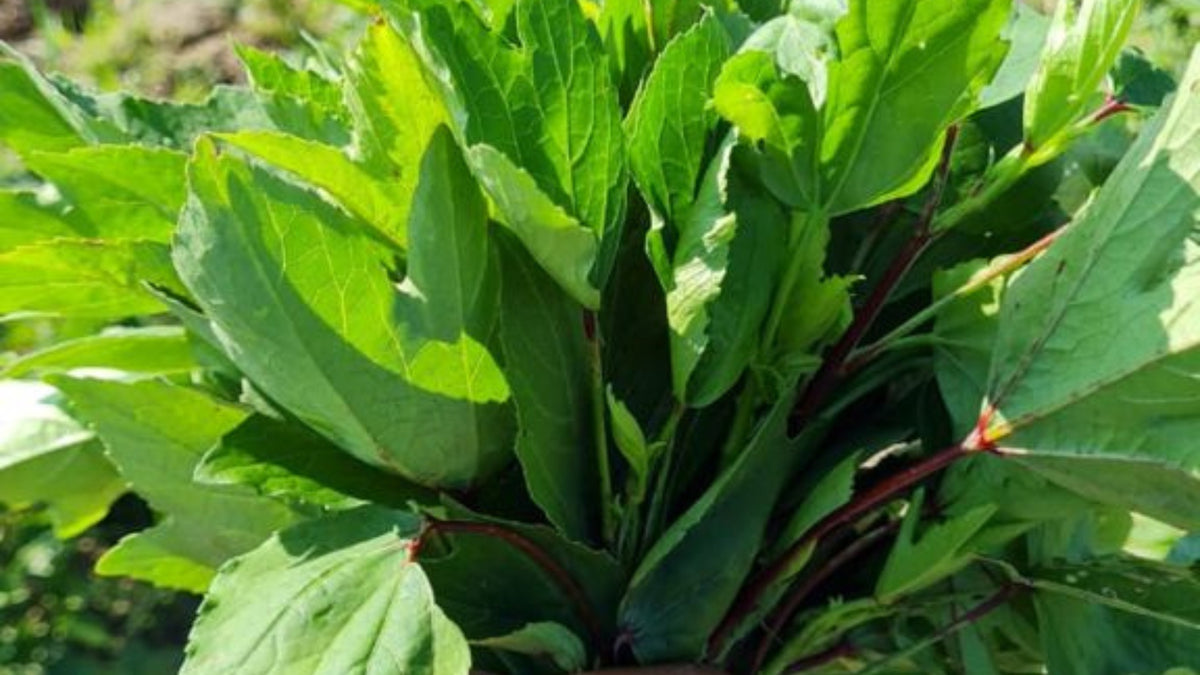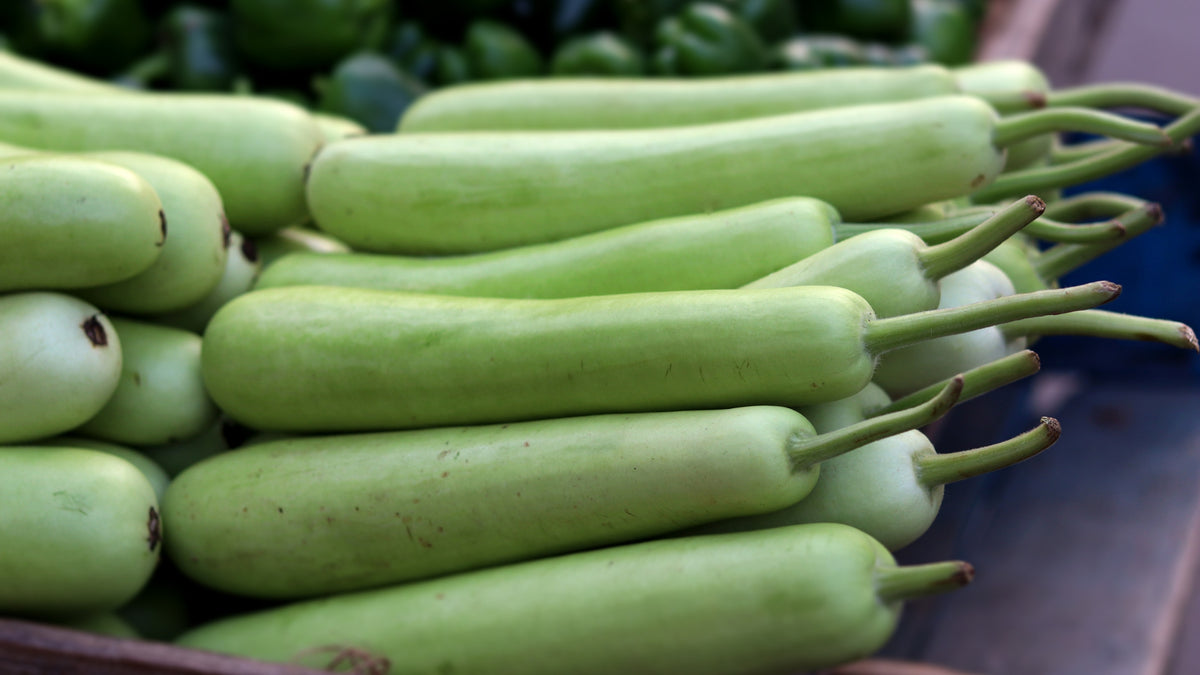
Padabhyangam Ayurvedic Foot Massage

Ayurveda is an ancient healthcare system that emphasizes the prevention of disease by following a personalized dinacharya (daily routine) and ritucharya (seasonal routine). Padabhyangam is an Ayurvedic foot massage which is part of dinacharya or daily life routine.
Pada means feet and abhyangam means massage therapy with medicated oils. The application of oil followed by massage is known as padabhyangam. It is a type of bahya snehana (external lubrication) that is part of dinacharya (daily routine) in the Ayurvedic classical text.
Padabhyangam is considered one of the most important massages for dinacharya as the pada or feet is one of the prime locations for vata dosha. The vitiation of vata dosha causes 8o different types of diseases as mentioned by Caraka Acharya. By practicing daily foot massage with oils, a person can get control over vata dosha.
Tila taila (sesame oil) is the best choice for daily massage of padabhyangam. Sesame oil supports vata and kapha dosha as well as nerves, muscles, eyes, and skin health. It is an antioxidant and a good source of vitamin E, copper, calcium, zinc, and iron. Sesame oil easily penetrates and absorbs into the skin which allows for maximum health benefits.
Benefits of Padabhyangam
- Reduces rough, dry, stiff, fatigued and numb feet
- The legs attain gentleness, strength, and firmness
- Helps improves vision
- Pacifies vata
- Prevents gridhrasi (nerve pain in the legs)
- Prevents fissures in the feet
- Supports muscle and blood vessel strength in the legs
Herbal Oils for Padabhyangam
- Kshirabala Oil
- Valiya Sahacharadi Oil
- Dhanwantharam Oil
- Mahabala Oil
- Balaswagandhadi Oil
- Karpuradi Oil
If you have any questions about Kottakkal products, please contact julie@kottakkal.shop.
Disclaimer: These statements have not been evaluated by the Food and Drug Administration. Kottakkal Ayurveda products and information are not intended for use in the diagnosis, treatment, cure, or prevention of any disease. If you have serious, acute, or chronic health problems, please consult a trained health professional. If you are seeking the advice of a trained Ayurvedic professional, call (800) 215-9934 or email us at contact@kottakkal.shop. We will provide you with information to consult with Ayurvedic professionals. Always check with your doctor before taking herbs when pregnant or nursing.
Also in Healing with Kottakkal Ayurveda

Food is Medicine - Organic Gongura Leaf
Gongura, often referred to as Indian sorrel, is a leafy green vegetable packed with an array of health benefits. This vibrant green is a treasure trove of essential vitamins, minerals, and antioxidants.

Food Is Medicine - Organic Bottle Gourd

Boosting Energy and Rejuvenation with Narasimha Rasayana
Narasimha Rasayanam is an herbal jam formulated with base ingredients of butter, honey, and milk. This time-tested remedy is believed to promote balance within the body's three doshas, vata, pitta, and kapha and supports a range of health concerns. From supporting physical strength and hair health to promoting rejuvenation and cognitive function, Narasimha Rasayanam offers a multifaceted approach to well-being.


Vaidya Vishwanath
Vaidya Vishwanath grew up in Pune, India which is hub of traditional Ayurvedic gurukul teachings, following the principles of Ayurveda as part of his culture. He has dedicated his career over the past 1 ½ decades to the science of Ayurveda.